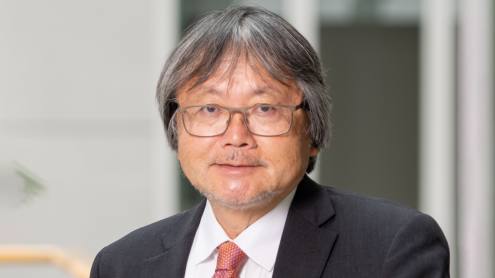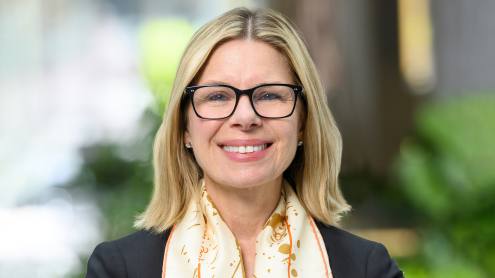After a period of exuberant growth, Peru has suffered a dramatic economic slowdown in the past five years. The Andean country expanded by only 1% in the fourth quarter of 2014 compared with the same period a year earlier, after coming to a near halt in June with a mere 0.3% growth registered for the month.
Peru's growth for 2014 was 2.4%, according to official data, less than half the 5.8% of 2013. The world’s third largest copper producer was badly hit by weaker commodities prices and falling demand from Asia.
Editor's choice
But finance minister Alonso Segura is confident that these economic troubles are temporary. Talking to The Banker during the annual meeting of the Inter-American Development Bank, held at the end of March in Busan, South Korea, Mr Segura explained the reasons behind his optimism and listed initiatives to reduce dependence on natural resources. Furthermore, he discussed projects to encourage innovation and reduce informality in Peru.
Proactive diversification
“We’ve been able to diversify the economy over the past decade; our non-traditional exports have grown and been able to keep pace with double-digit growth of commodities exports, but... we need to diversify more,” says Mr Segura.
How does he hope to achieve this? “We have implemented [a number of] plans," he says. "One initiative is the national proactive diversification plan, which aims at improving productivity in the economy. We’re making efforts to foster innovation and the transfer of technology by building innovation sites across the country.” Mr Segura explains that this will strengthen local small producers by, for example, improving forestry standards in jungle areas so that these producers can eventually become exporters; or by improving technology for existing industries elsewhere in the country.
Key to the country’s growth is also addressing the informal economy. Banking penetration is a good indicator of this: as a proportion of gross domestic product (GDP), the country's banking penetration ratio is only 30%, according to official and private sector data. This is below other countries in South America, including economies with a lower GDP per capita.
Mobile banking
Access to products in the formal financial system is especially difficult for rural or low-income households. However, a new project may improve this situation. Mr Segura is understandably proud of an initiative that has seen the government link with the private sector to create a common mobile banking platform. The platform means services can be provided at lower transaction costs and are available to all banks in the country, including smaller lenders that traditionally have limited technology budgets.
“We’re a leading country in terms of microfinance, but we need to innovate and find [new products] in the era of mobile banking," says Mr Segura. "You usually hear about mobile banking connected to one bank or one telecom company; Peru is the first case where we have a joint venture between the government and the private sector. All of the banking institutions are building a common platform, with telecom companies as well, so you have a universal platform, which is the way to lower transaction costs.” This will help to include new customers in the formal financial system in remote as well as urban areas of the country, according to Mr Segura.
“We’re trying to induce more formality into the economy [to get] more people in the financial system... These types of mobile banking initiatives [also] help bring agents that are otherwise informal into formality.”
The fight against informality is not new, but only recently has Peru been able to add some teeth to its goodwill. With its E-money Act passed into law in January 2013, for example, Peru regulated the provision of internet and mobile banking services, both by banks and non-banks – a necessary prerequisite to the common mobile banking platform.
The law makes such products safer and has the ultimate aim of attracting more people and companies to the formal financial system. Peru is the first country to pass such legislation in Latin America, according to the Alliance for Financial Inclusion.
Mr Segura is not new to government affairs. He served as advisor to former finance minister Luis Castilla, after covering economist positions at the International Monetary Fund and Banco de Crédito del Perú, the country’s largest bank. His latest appointment followed what many found a surprise cabinet reshuffle in mid-September last year. Mr Castilla was considered an influential figure and had been key in easing international markets’ fears that president Ollanta Humala, a former leftist military officer elected in 2011, would not steer way from the orthodox economic policies in place in the country for the previous two decades.
But while the reasons behind the change at the helm of the ministry of finance remain unclear, there is no doubt that Mr Segura is keen to continue along the previously drafted path.













